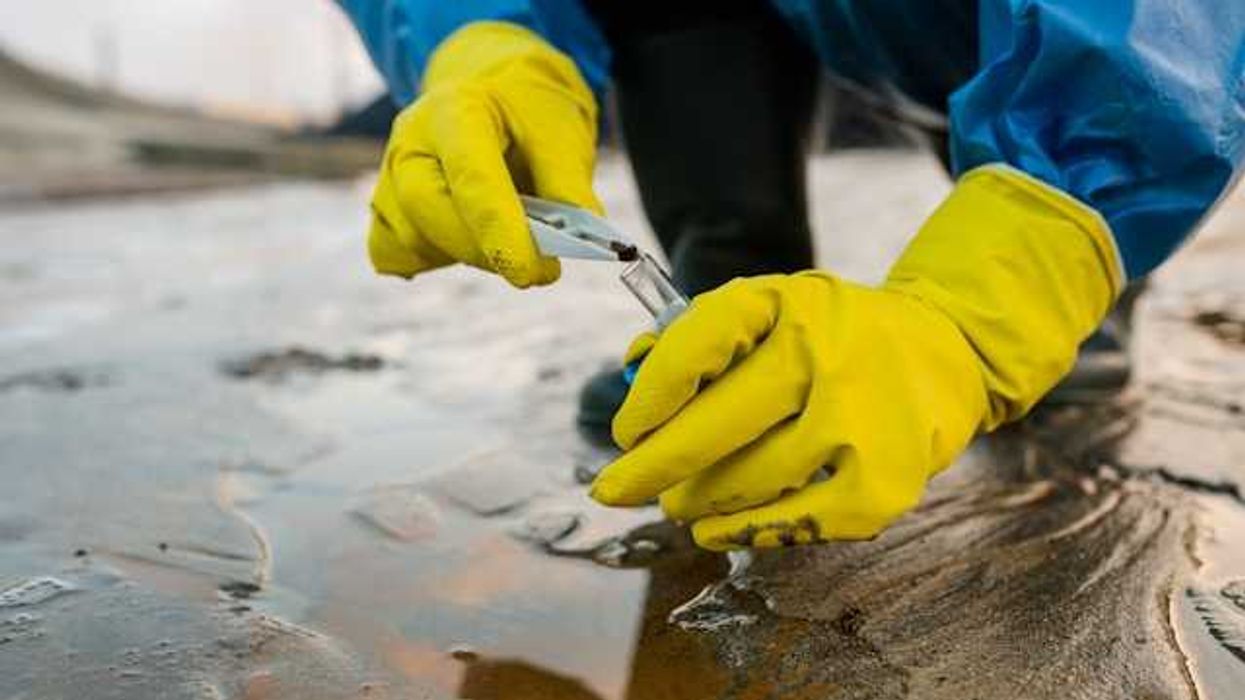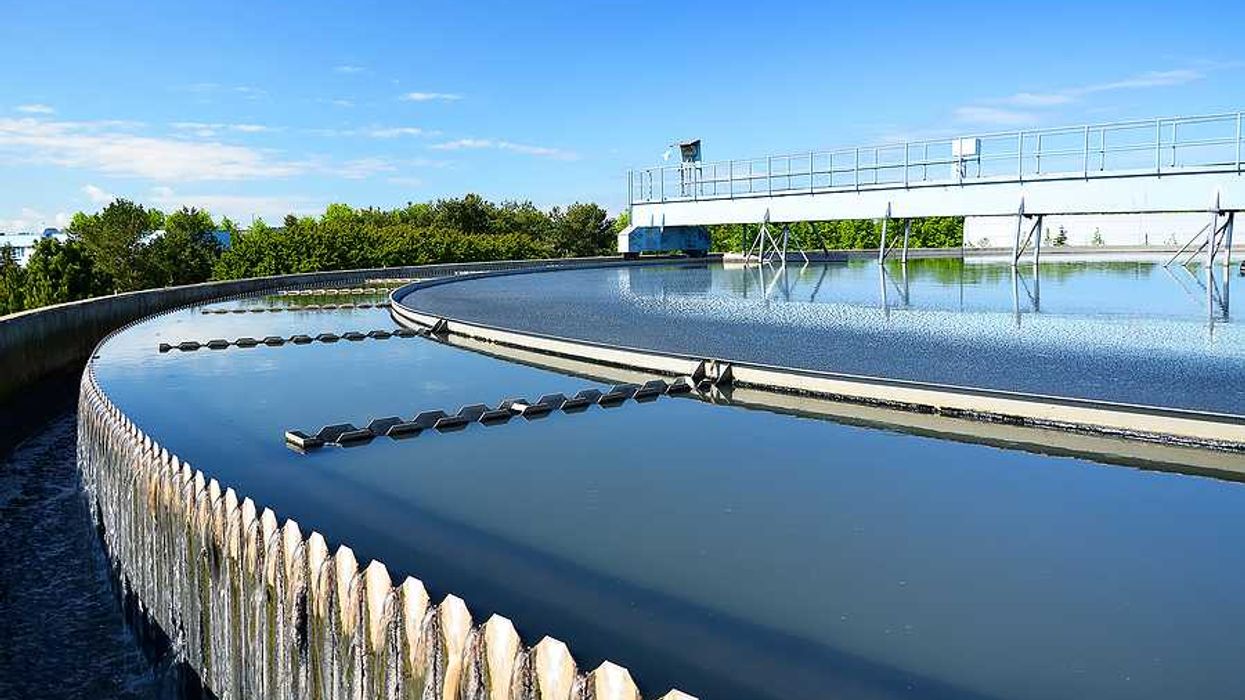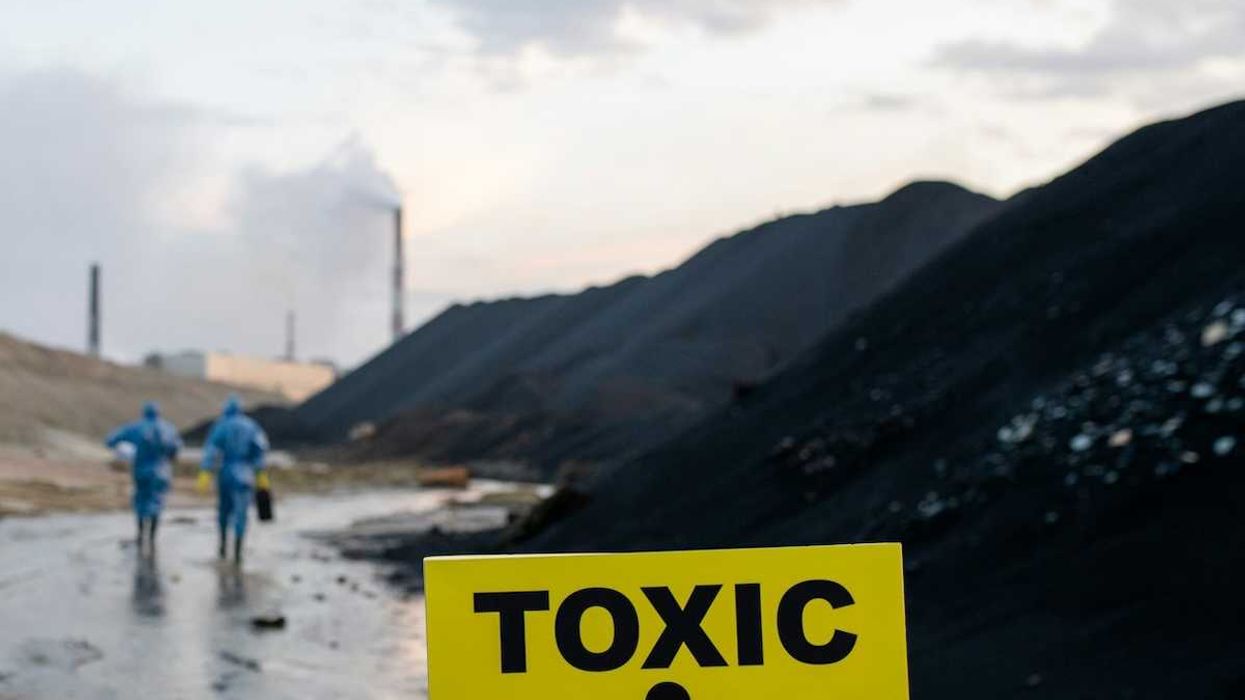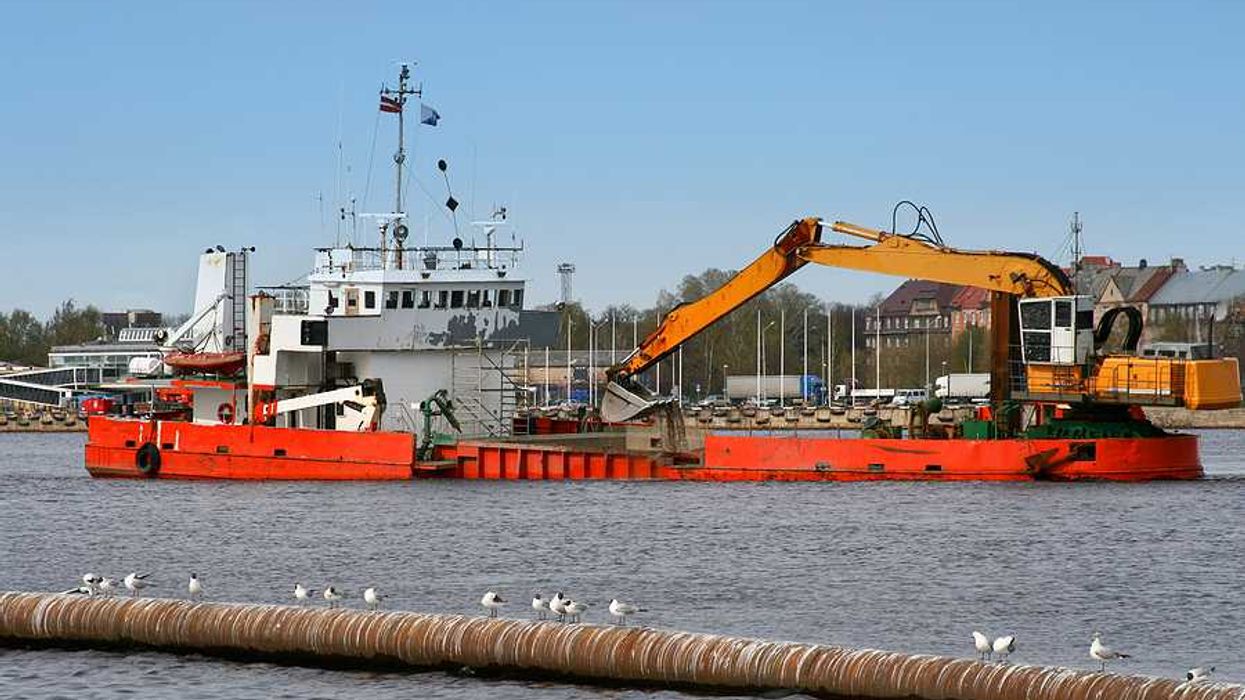Malaysia, still a top destination for European plastic waste, has seen imports rise 35% over the past year despite pledges to reduce its role as a dumping ground.
David Hutt reports for Deutsche Welle.
In short:
- Malaysia imported over one-fifth of the EU’s 2023 plastic waste, even as EU exports surged by 72% since 2004.
- Although Malaysia intends to curb waste imports, economic incentives and local recycling needs complicate enforcement.
- An EU ban on non-OECD waste exports starts in 2026, but environmentalists argue recycling efforts alone are insufficient to counter pollution.
Key quote:
“As the EU lectures the world to have high green ambitions, it is blatantly hypocritical and a brazen ploy to export and pretend plastic is recycled rather than banning single-use plastics or incinerating [them] at home and counting the carbon emitted."
— Jan Dell, engineer and founder of The Last Beach Cleanup
Why this matters:
Plastic waste pollution harms ecosystems, human health and the climate. Malaysia’s struggle highlights global recycling challenges and the need for stronger regulations and alternatives to single-use plastics. The EU’s ban may reduce waste flow to non-OECD countries, but enforcement issues persist.
Related EHN coverage:














